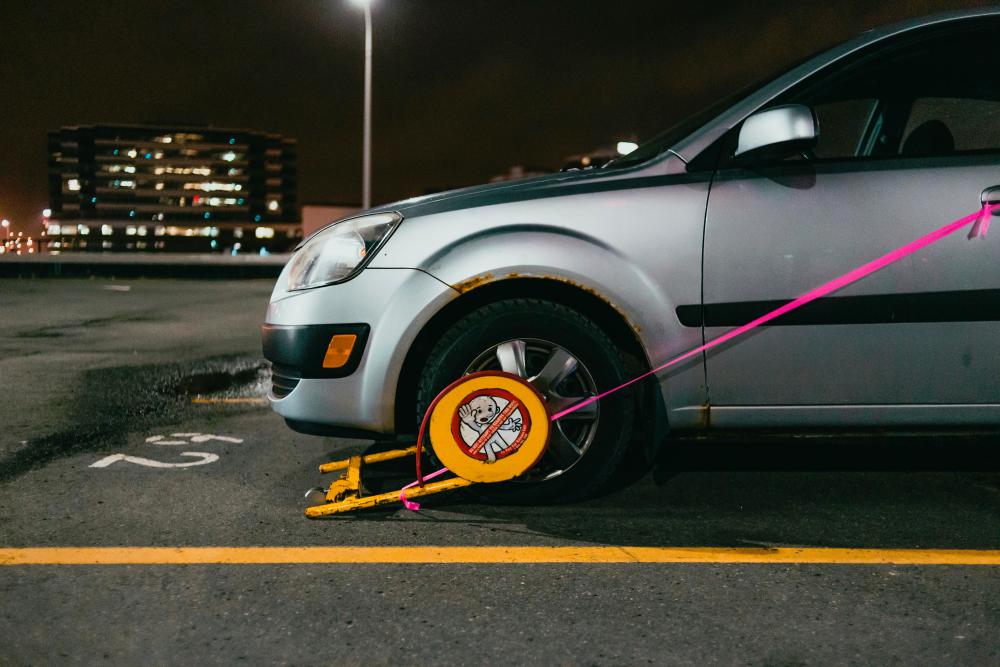PETALING JAYA: Thai authorities are urging Malaysian drivers to familiarise themselves with local traffic laws after a rise in incidents where vehicles are clamped for causing obstructions, particularly in Hatyai, a popular destination for Malaysian tourists.
According to New Straits Times, Thailand tourist police (Seventh Region) deputy chief, Lt Col Sakarin Anusaman Sakul, highlighted that many Malaysian drivers are unaware of Thailand’s traffic regulations, which often results in their vehicles being clamped by the police for blocking traffic flow.
ALSO READ: Malaysian-registered Vellfire parks illegally in Thailand, gets clamped by Thai police
“Actually, many Malaysian drivers are not aware of the laws while holidaying in Thailand.
“For instance, they cannot simply park their vehicles wherever they like while in Hatyai.
“They must pay attention to the signboards placed by Thai authorities along the roadside,“ he was quoted as saying.
“If they park in the wrong place or their vehicles block traffic flow, the traffic police will take action.
“If drivers are present in their vehicles, the traffic police will issue a summons on the spot.
ALSO READ: Thai woman calls out Malaysian-registered vehicle for parking irresponsibly in her country
“However, if the vehicle is left unattended, the officer will clamp the tyres.
He added: “The officers will also take pictures of the offence as evidence. This is all stated in the rules.”
He mentioned that Malaysian drivers can resolve the summons or request the removal of the clamp at the nearest police station.
“What I want to stress is that the Thai traffic police will not take action unless the drivers have committed an offence.
“They must learn about the traffic laws while in Thailand to avoid getting into trouble,” he said.
The warning comes after a viral TikTok video showed a Malaysian-registered luxury vehicle being clamped for illegal parking in Hatyai.
The vehicle, parked in front of a traffic light and blocking a lane for left-turning traffic, has drawn widespread criticism on social media.









